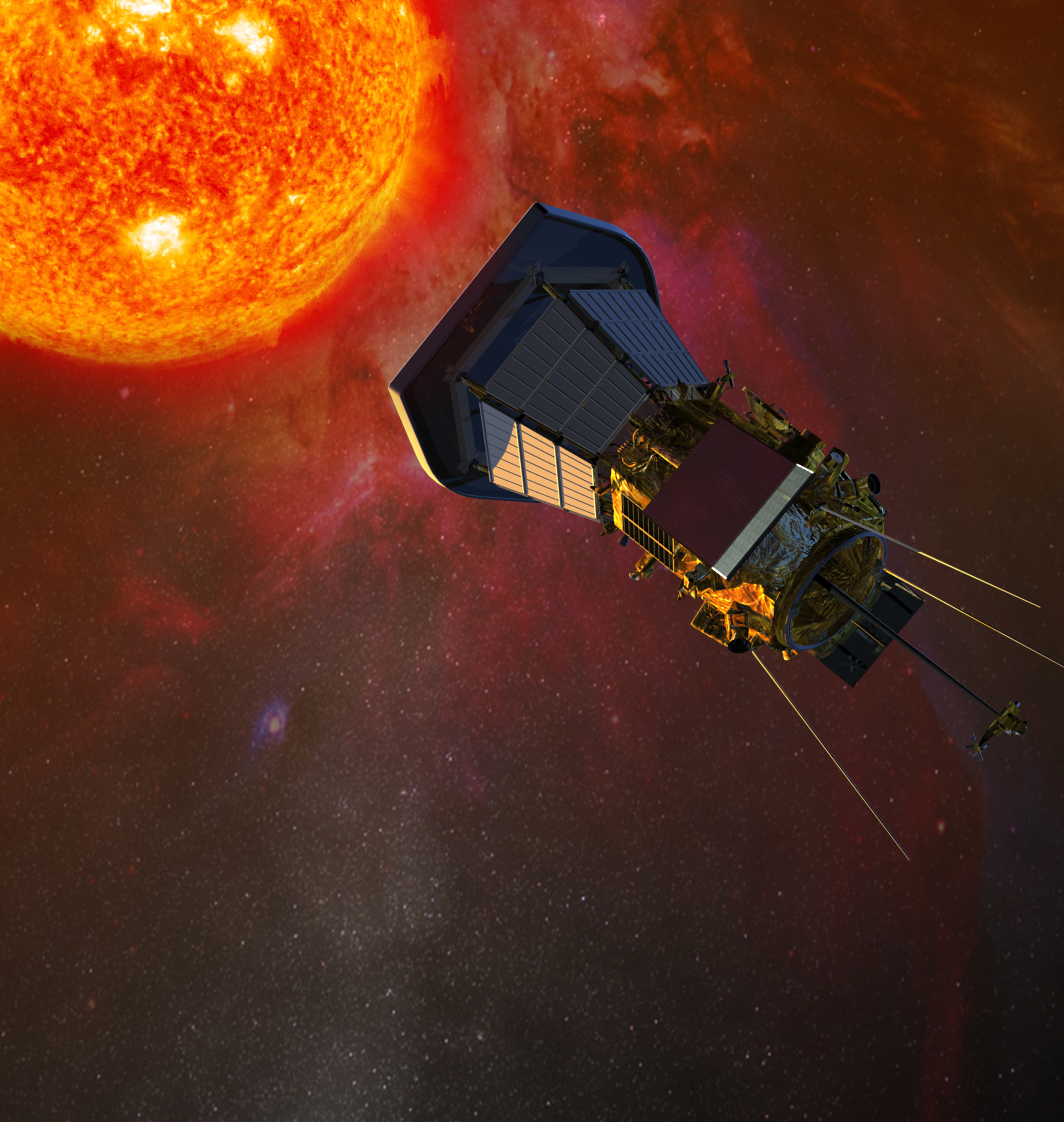You'll just need one of these, and it's just around the corner...
Wouldn't that be kick ass!!
Meanwhile, I am holding out for the launch of this puppy next year. It will travel at .067% light speed. This stuff just makes me giddy. lol
The probe will make seven passes of Venus, over more than six years, to gradually reduce the craft’s perihelion (closest approach to the Sun) to approximately 8.5 solar radii, or 3.7 million miles (6 million kilometers). This will put the spacecraft well inside Mercury’s orbit.
Solar Probe Plus will hold the record for the closest solar pass, approaching nearly seven times closer than the current record holder, the Helios 2 spacecraft.
Although it will take six years and twenty-four orbits for the spacecraft to reach its intended final orbital configuration, Solar Probe Plus will make its first pass of Venus less than two months after launch and will begin collecting data on its first pass of the Sun one month after that.
NASA’s Solar Probe Plus Mission Moves One Step Closer to Launch
NASA’s Solar Probe Plus – the first mission that will fly into sun's upper atmosphere and “touch” the sun – has passed a design review, an important milestone leading to its anticipated summer 2018 launch. The successful review means the mission may now transition from formulation and design to final assembly and implementation. The spacecraft, as it appears in the image, currently includes the primary structure and propulsion system. Over the next phase of the mission, engineers at the Johns Hopkins Applied Physics Laboratory in Laurel, Maryland – which manages the mission and is building the spacecraft – will finish assembly and install the rest of the spacecraft systems and science instruments.
Solar Probe Plus is slated to launch during a 20-day window that opens July 31, 2018. The spacecraft will collect data on the mechanisms that heat the corona and accelerate the solar wind, a constant flow of charged particles from the sun. These are two processes with fundamental roles in the complex interconnected system linking the sun and near-Earth space – a system that can drive changes in our space weather and impact our satellites. Solar Probe Plus is part of NASA’s Living With a Star program, an initiative focused on aspects of the sun-Earth system that directly affect human lives and society. The program is managed by NASA’s Goddard Spaceflight Center in Greenbelt, Maryland.
Check out this link:
http://solarprobe.jhuapl.edu/




